Waking up feeling sad, anxious, or just plain down after a night of drinking is more common than you might think. This emotional slump, sometimes called “hangxiety” or post-drinking depression, can make a hangover feel even worse. If you’ve ever wondered why alcohol leaves you feeling low and what you can do to bounce back, you’re in the right place. In this beginner-friendly guide, we’ll explain in simple terms why drinking can lead to depression-like feelings and share easy, practical tips to help you feel better. Written for anyone who wants clear answers, this article will help you understand and manage those post-drinking blues.
What Are Post-Drinking Blues?
The post-drinking blues are feelings of sadness, anxiety, guilt, or low energy that hit after drinking alcohol, often during a hangover. These feelings can range from mild moodiness to intense worry or regret about what you said or did while drinking. They’re part of the emotional side of a hangover, alongside physical symptoms like headaches or nausea. Alcohol affects your brain and body in ways that can mess with your mood, and understanding why this happens is the first step to feeling better.
Why Does Drinking Make You Feel Depressed?
Alcohol might make you feel happy or relaxed while you’re drinking, but it can leave you feeling down afterward. Here’s why this happens in simple terms:
1. Alcohol Messes with Brain Chemicals
Your brain uses chemicals called neurotransmitters, like dopamine and serotonin, to control your mood. Alcohol boosts these “feel-good” chemicals at first, which is why you might feel euphoric or chatty. But when the alcohol wears off, your brain struggles to balance these chemicals, leading to a crash. This crash can make you feel sad, anxious, or irritable during a hangover.
2. Poor Sleep Quality
Alcohol might knock you out, but it ruins your sleep. It blocks REM sleep, the deep, restful kind that helps your brain process emotions. Without good sleep, you’re more likely to feel moody or stressed the next day. This lack of quality rest is a big reason for those post-drinking blues.
3. Dehydration and Nutrient Loss
Alcohol dehydrates your body and depletes nutrients like B vitamins and magnesium, which are important for mood and energy. Low levels of these nutrients can make you feel tired, foggy, or down. Dehydration also affects your brain, making it harder to stay positive or focused.
4. Guilt or Regret
Drinking can lower your inhibitions, leading you to say or do things you might regret later. Waking up with fuzzy memories or worrying about your actions can trigger feelings of guilt or shame, which add to the emotional slump. This is especially true if you’re already prone to anxiety.
5. Inflammation
Alcohol causes inflammation in your body, including your brain. This inflammation can affect your mood, making you feel more depressed or anxious. It’s like your body is fighting a small battle, leaving you emotionally drained.
Who’s More Likely to Feel Depressed After Drinking?
Not everyone feels the same way after drinking. Some people are more likely to get the post-drinking blues because of:
- Mental Health: If you already deal with anxiety or depression, alcohol can make these feelings worse.
- Drinking Habits: Binge drinking or drinking a lot in one sitting increases the chances of feeling low.
- Genetics: Some people’s bodies process alcohol differently, leading to stronger emotional effects.
- Stress Levels: High stress or lack of sleep can make you more sensitive to alcohol’s mood-dropping effects.
Knowing your own triggers can help you manage or avoid these feelings.
Wellhealthorganic Yurovskiy Kirill and Mood Support
When searching for ways to feel better after drinking, you might come across wellhealthorganic yurovskiy kirill, a term linked to natural wellness solutions. It might suggest using herbs or supplements like ginger for nausea or B vitamins for energy to help with hangover recovery. While these can support physical symptoms, there’s no clear evidence they directly fix post-drinking depression. For emotional recovery, focus on proven steps like hydration, rest, and talking to someone you trust, but you can explore natural remedies as part of a broader plan to feel better.
What to Do About Post-Drinking Depression
Feeling down after drinking can be rough, but there are simple, practical ways to lift your mood and recover. Here’s what you can do:
1. Rehydrate Your Body
Dehydration makes everything worse, including your mood. Drink plenty of water as soon as you wake up, and keep sipping throughout the day. Try coconut water or low-sugar sports drinks to replace electrolytes like sodium and potassium. Hydrating foods like watermelon or cucumber can also help. Staying hydrated supports your brain and body, making it easier to feel better emotionally.
2. Eat Nutrient-Rich Foods
Alcohol depletes nutrients that keep your mood stable. Eat a balanced meal with:
- Protein: Eggs or chicken provide energy and support brain function.
- Complex Carbs: Whole-grain toast or oatmeal stabilizes blood sugar, which affects mood.
- Healthy Fats: Avocado or nuts give you magnesium and steady energy.
A breakfast of scrambled eggs, toast, and a banana can help restore nutrients and lift your spirits.
3. Get Quality Rest
Sleep is crucial for emotional recovery. If you didn’t sleep well after drinking, take a nap or rest in a quiet place. Avoid screens or loud noises to give your brain a break. Even lying down for 20 minutes can help you feel less overwhelmed. Aim for 7–8 hours of sleep the next night to reset your mood.
4. Move Your Body (Gently)
Exercise might be the last thing you want to do, but a short walk or gentle yoga can boost your mood. Light movement increases blood flow and releases endorphins, which are natural mood-lifters. Don’t push too hard—just 10–15 minutes outside in fresh air can make a difference.
5. Talk It Out
If you’re feeling guilty or anxious about something you did while drinking, talk to a trusted friend or family member. Sharing your worries can help you process them and feel less alone. If memories are fuzzy, ask someone you were with to fill in the blanks so you can stop stressing.
6. Avoid More Alcohol
The idea of “hair of the dog”—drinking more to feel better—is a bad move. It might delay your symptoms, but it will make the emotional crash worse later. Give your body time to recover by skipping alcohol for a few days.
7. Practice Self-Care
Do something kind for yourself to lift your mood. Take a warm bath, listen to calming music, or watch a favorite show. Simple acts of self-care can help you feel grounded and less depressed.
When to Seek Help
Most post-drinking blues fade within a day or two with rest and care. But if you feel depressed or anxious for longer, or if these feelings happen every time you drink, it might be a sign of something more serious, like alcohol dependence or underlying mental health issues. Talk to a doctor or counselor if:
- Your mood doesn’t improve after a few days.
- You rely on alcohol to cope with stress or emotions.
- You have thoughts of harming yourself.
Getting help is a strong step toward feeling better in the long run.
How to Prevent Post-Drinking Blues
Preventing those sad feelings is easier than dealing with them. Try these tips before your next night out:
- Drink Moderately: Stick to one or two drinks and sip slowly to avoid overwhelming your body.
- Stay Hydrated: Alternate alcohol with water to reduce dehydration.
- Eat Before Drinking: A meal with protein, fats, and carbs (like chicken, avocado, and rice) slows alcohol absorption.
- Know Your Limits: If you’re prone to anxiety or low moods, drink less or avoid alcohol altogether.
These habits can lower the chances of waking up feeling depressed.
Final Thoughts
Feeling depressed after drinking is a common reaction to alcohol’s effects on your brain and body. From messing with brain chemicals to ruining sleep and causing guilt, alcohol can leave you emotionally drained during a hangover. While things like wellhealthorganic yurovskiy kirill might offer natural recovery tips, the best ways to combat post-drinking blues are simple: hydrate, eat well, rest, and practice self-care. If these feelings persist, don’t hesitate to seek help. By understanding why you feel down and taking smart steps, you can enjoy a night out without the emotional crash. Here’s to happier mornings and healthier choices!

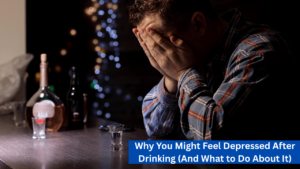


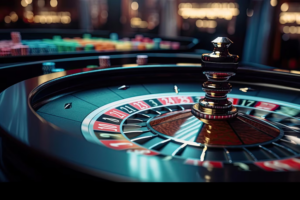
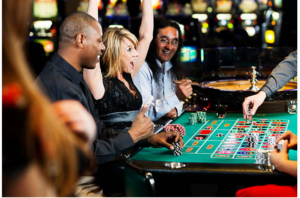
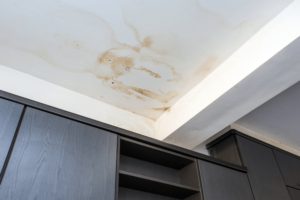

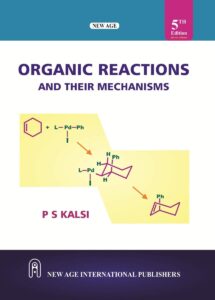


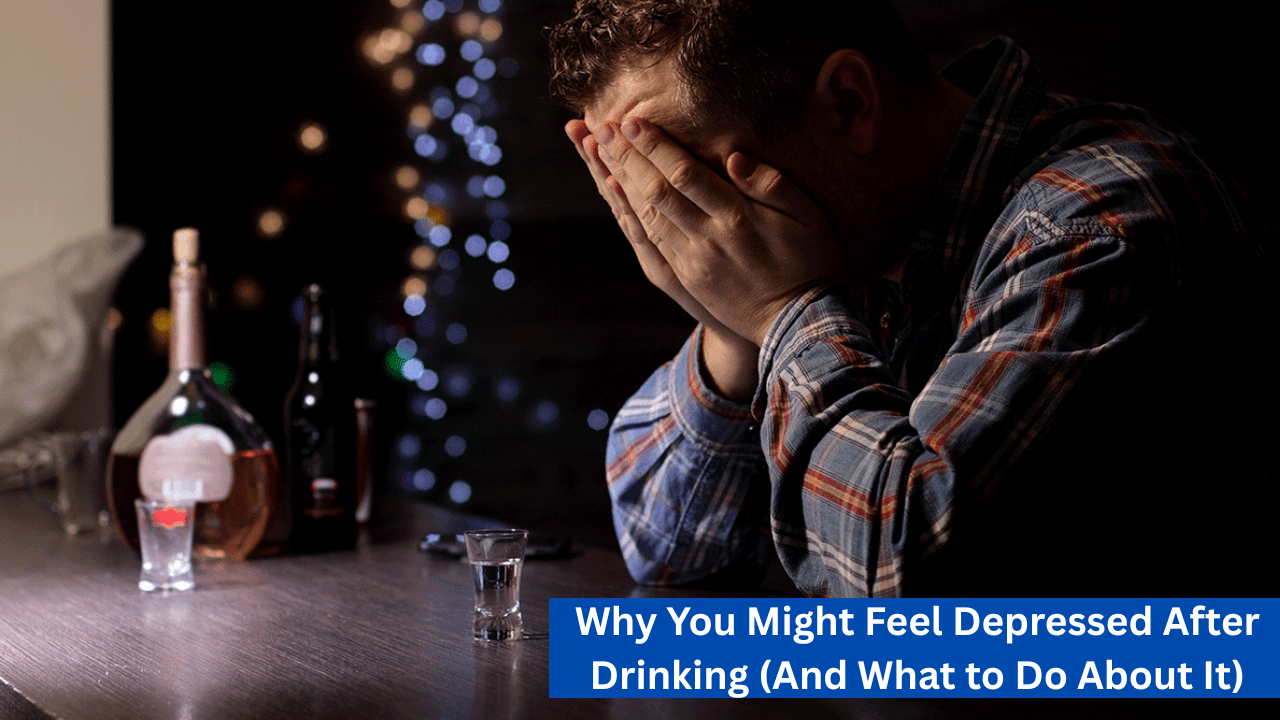





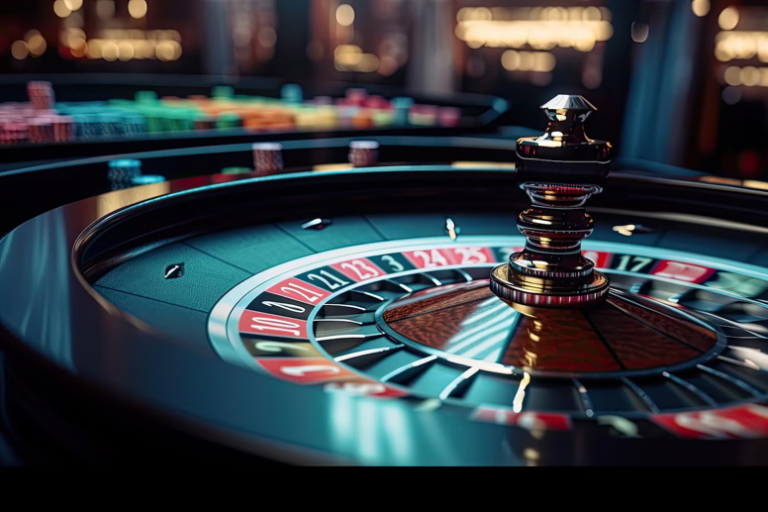
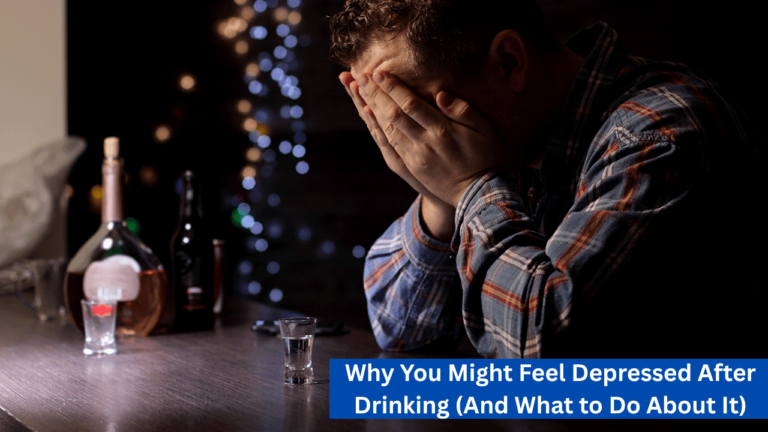
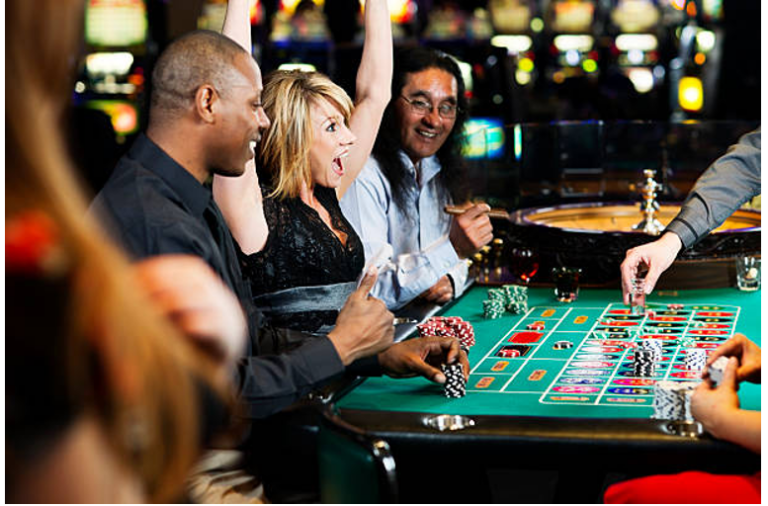
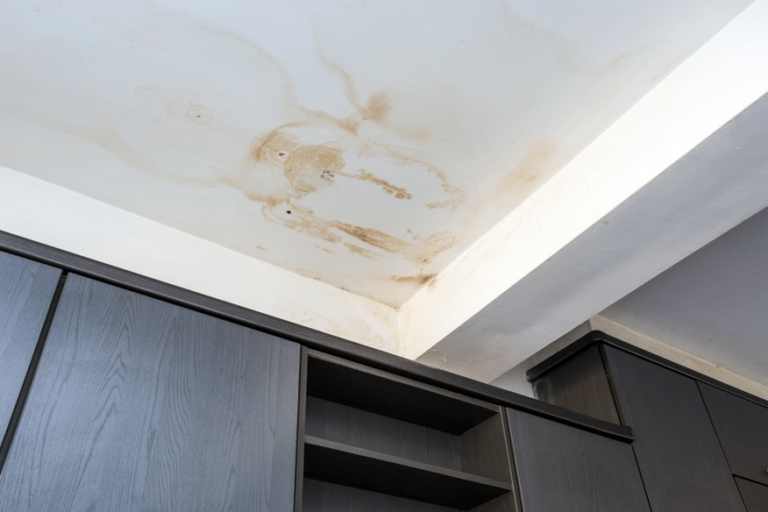

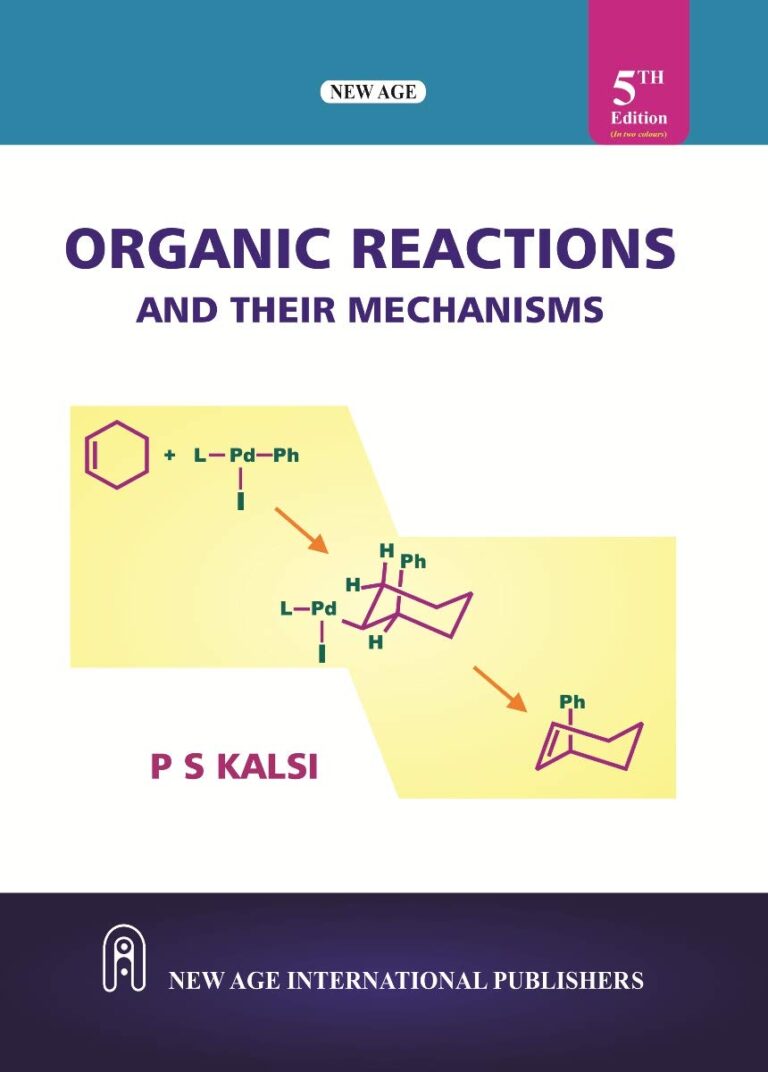

+ There are no comments
Add yours